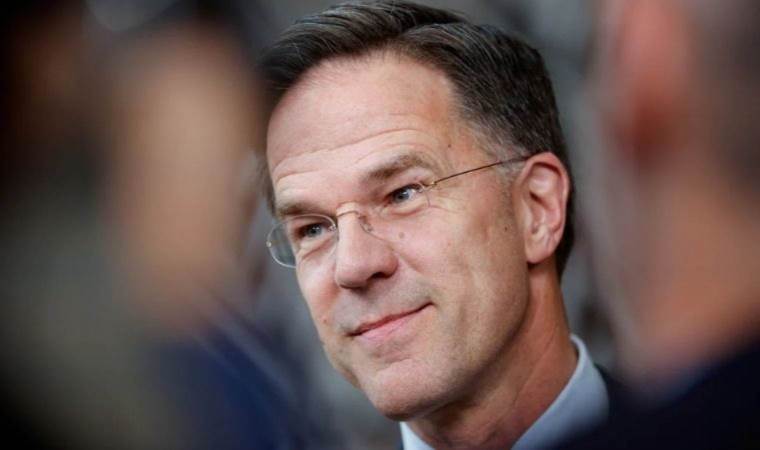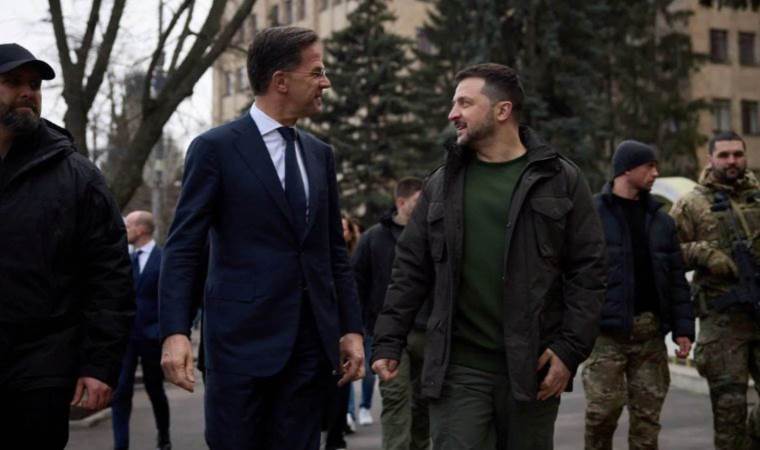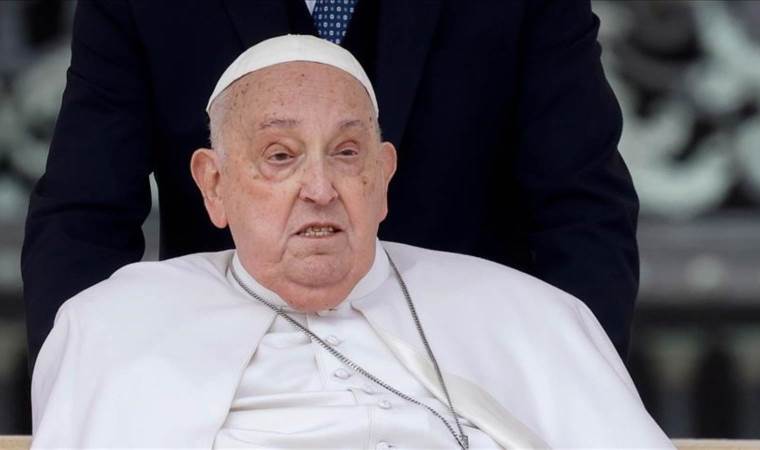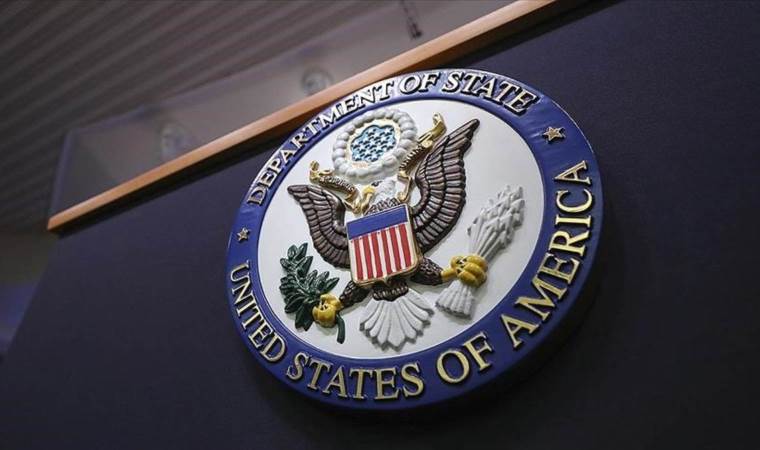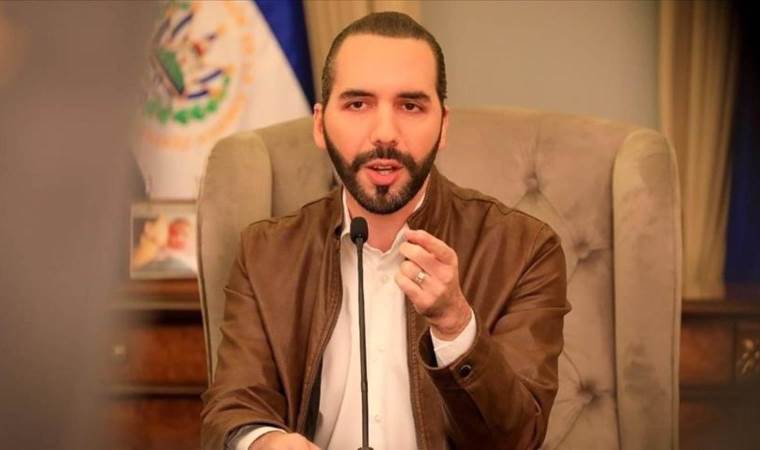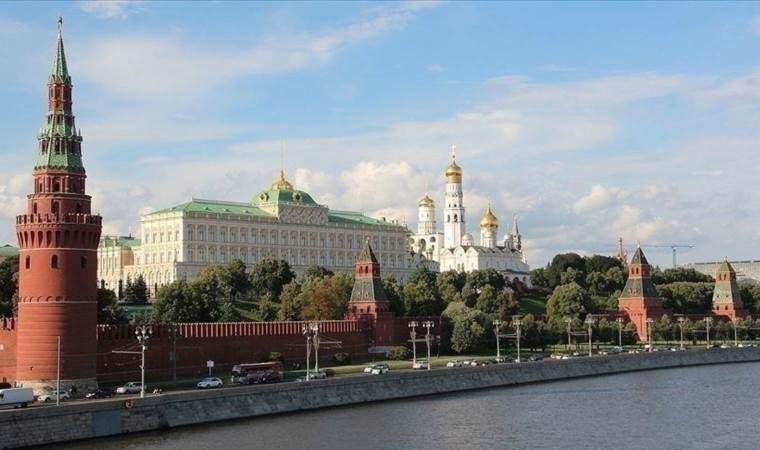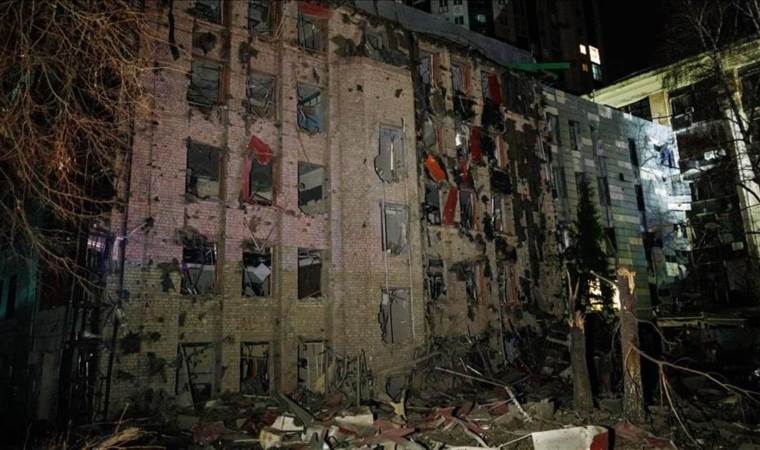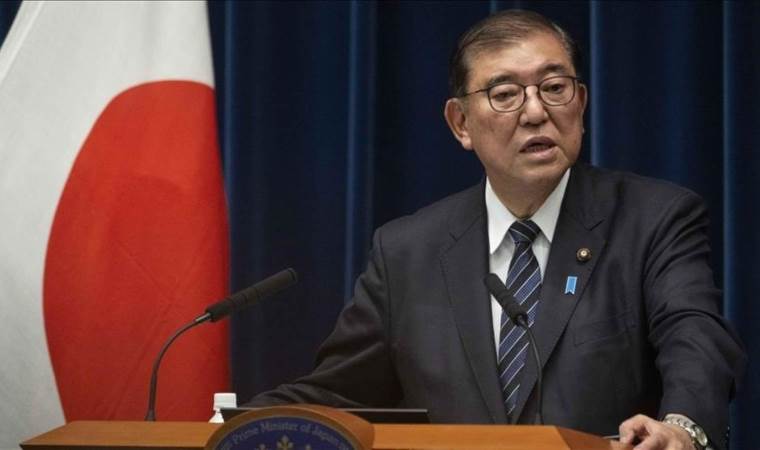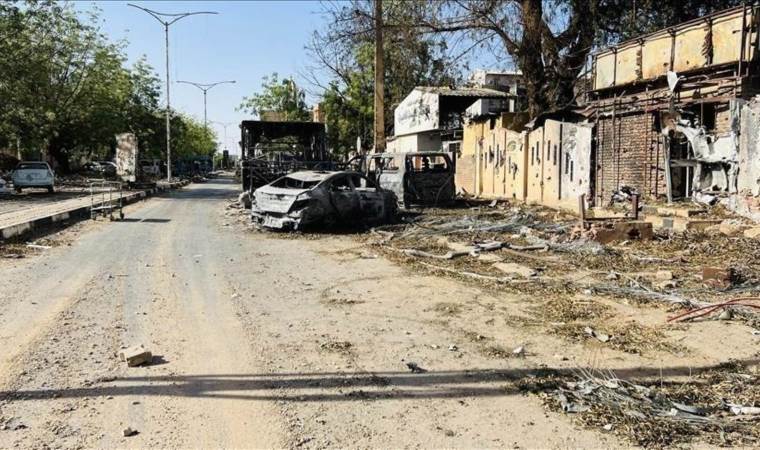NATO picks Netherlands' Mark Rutte as next boss
NATO on Wednesday selected Dutch Prime Minister Mark Rutte as NATO's next boss, as the war in Ukraine rages on its doorstep and uncertainty hangs over the United States' future attitude to the transatlantic alliance.
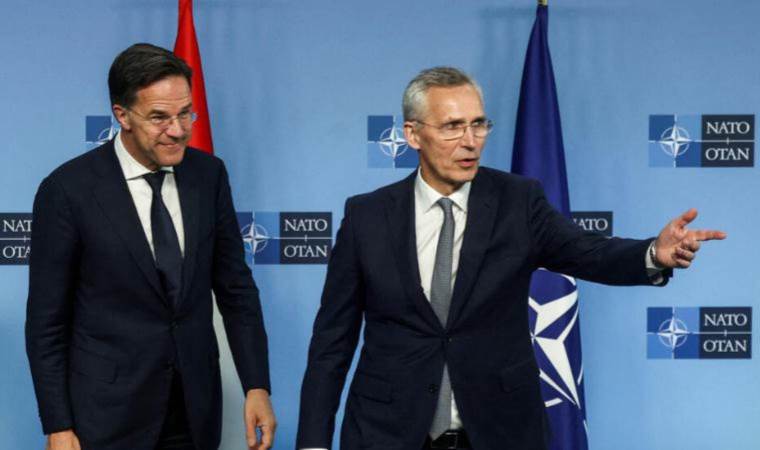
Rutte's appointment as the NATO cheif on Wednesday became a formality after his only rival for the post, Romanian President Klaus Iohannis, announced last week that he had quit the race, having failed to gain traction.
Rutte will take over on Oct. 1 from Jens Stoltenberg of Norway, who is stepping down after a decade in the post.
Ambassadors from the alliance's 32 members took the decision at a meeting at NATO headquarters in Brussels.
Rutte said he looked forward to taking up the job "with great vigour".
"The Alliance is and will remain the cornerstone of our collective security. Leading this organisation is a responsibility I do not take lightly," he posted on X.
After declaring his interest in the post last year, Rutte gained early support from key members of the alliance including the United States, Britain, France and Germany.
Others were more reticent, particularly Eastern European countries which argued the post should go to someone from their region for the first time.
But they ultimately rowed in behind Rutte, a fierce critic of Russian President Vladimir Putin and a staunch ally of Ukraine.
Stoltenberg said he warmly welcomed the selection of Rutte as his successor.
"Mark is a true transatlanticist, a strong leader, and a consensus-builder," he said. "I know I am leaving NATO in good hands."
NATO takes decisions by consensus so Rutte, who is bowing out of Dutch politics after nearly 14 years as prime minister, could only be confirmed once all 32 alliance members gave him their backing.
Rutte will face the challenge of sustaining allies' support for Ukraine's fight against Russia's invasion while guarding against NATO's being drawn directly into a war with Moscow.
He will also have to contend with the possibility that NATO-sceptic Donald Trump may return to the White House after November's U.S. presidential election.
Trump's possible return has unnerved NATO leaders as the Republican former president called into question U.S. willingness to support other members of the alliance if they were attacked.
Most Read News
-
 Pope Francis dies at 88 after prolonged illness: Vatican
Pope Francis dies at 88 after prolonged illness: Vatican
-
 US scales back development, diplomatic presence in Afric
US scales back development, diplomatic presence in Afric
-
 China sanctions US lawmakers, officials, NGO heads
China sanctions US lawmakers, officials, NGO heads
-
 El Salvador’s president calls on Maduro to release Venez
El Salvador’s president calls on Maduro to release Venez
-
 Kremlin ‘satisfied’ with US position ruling out NATO mem
Kremlin ‘satisfied’ with US position ruling out NATO mem
-
 Russia, Ukraine report airstrikes as Putin’s Easter ceas
Russia, Ukraine report airstrikes as Putin’s Easter ceas
-
 Trump ‘values’ talks with Japan, says Premier Ishiba ami
Trump ‘values’ talks with Japan, says Premier Ishiba ami
-
 Israel bans Palestinian minister from occupied West Bank
Israel bans Palestinian minister from occupied West Bank
-
 At least 33 civilians killed in RSF shelling of Sudan’s
At least 33 civilians killed in RSF shelling of Sudan’s
-
 Gold price exceeds $3,400 to reach new record high amid
Gold price exceeds $3,400 to reach new record high amid
